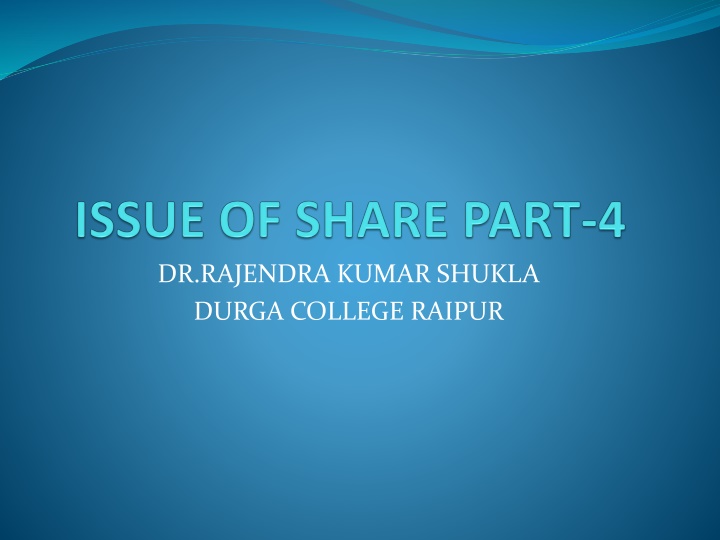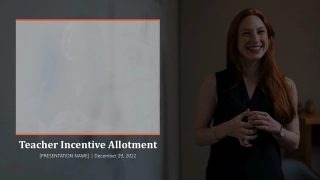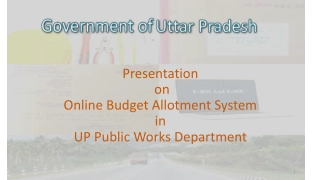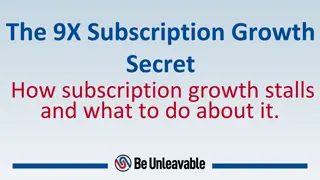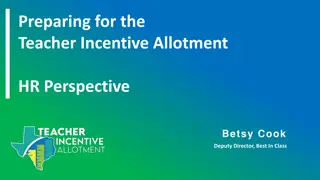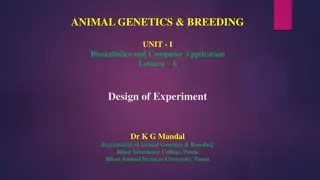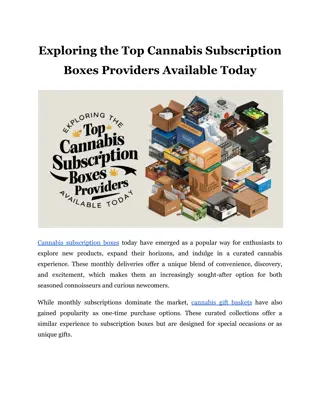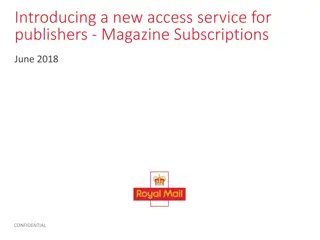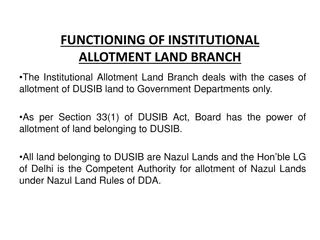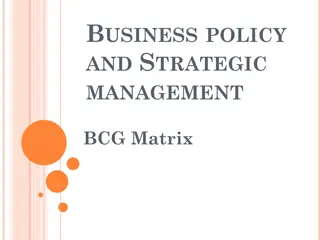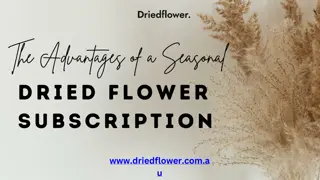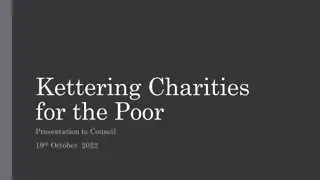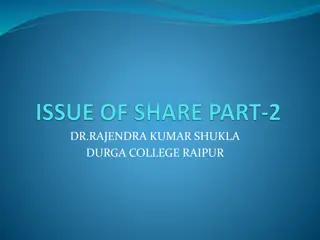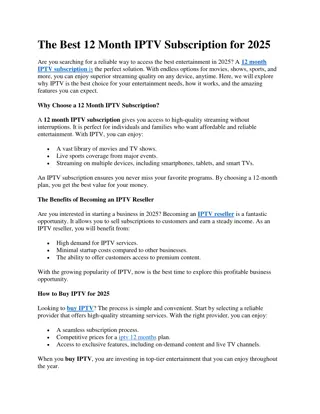Full, Under, and Over Subscription in Share Allotment
In the process of issuing shares to raise capital, companies may face full subscription, under subscription, or over subscription scenarios. Learn how each situation impacts share allotment and financial entries.
Download Presentation

Please find below an Image/Link to download the presentation.
The content on the website is provided AS IS for your information and personal use only. It may not be sold, licensed, or shared on other websites without obtaining consent from the author.If you encounter any issues during the download, it is possible that the publisher has removed the file from their server.
You are allowed to download the files provided on this website for personal or commercial use, subject to the condition that they are used lawfully. All files are the property of their respective owners.
The content on the website is provided AS IS for your information and personal use only. It may not be sold, licensed, or shared on other websites without obtaining consent from the author.
E N D
Presentation Transcript
DR.RAJENDRA KUMAR SHUKLA DURGA COLLEGE RAIPUR
FULL, UNDER AND OVER SUBSCRIPTION A company decides to issue number of shares to raise capital. It invites public to buy these shares. Now there may be three situations : 1.Full Subscription Company may receive applications equal to the number of shares company has offered to people. It is called full subscription. In case of full subscription the journal entries will be made as follows : (a) On receipt of application money Bank A/c Dr To Share Application A/c (Application money received for ......... shares) (b) On allotment of shares Share Application A/c Dr To Share Capital A/c (Application money of shares transferred to capital A/c on their allotment)
II. The company does not receive application equal to the number of shares offered for subscription, there may be two situations : (i) under subscription (ii) over subscription (i) Under subscription The issue is said to have been under subscribed when the company receives applications for less number of shares than offered to the public for subscription. In this case company is not to face any problem regarding allotment since every applicant will be allotted all the shares applied for. But the company can proceed with allotment provided the subscription for shares is at least equal to the minimum required number of shares termed as minimum subscription. (ii) Over Subscription When company receives applications for more number of shares than the number of shares offered to the public for subscription it is a case of over subscription. A company cannot allot more shares than what it has offered. In case of over subscription, company has the following options
If the application money received on partially accepted applications is more than the amount required for adjustment towards allotment money, the excess money is refunded. However, if the Articles of the company so authorize, the directors may retain the excess money as calls in advance to be adjusted against the call/calls falling due later on. the entry is made : Share Application A/c Dr To Call-in-advance A/c (The adjustment of excess share application money retained as call-in advance in respect of ... shares).
Option I 1.Rejection of Excess Applications and Money Returned The company may reject the applications for shares in excess of the shares offered for issue and a letter of rejection is sent to such applicants. In this case the application money received from these applicants is refunded to them in full. The journal entry made is as follows: Share Application A/c Dr To Bank A/c (Application money on shares refunded to the applicants) (ii) Excess application money adjusted towards sums due on allotment. Journal entry made is : Shares Application A/c Dr To Share Allotment A/c (Excess application money adjusted towards sums due on allotment)
If the application money received on partially accepted applications is more than the amount required for adjustment towards allotment money, the excess money is refunded. However, if the Articles of the company so authorize, the directors may retain the excess money as calls in advance to be adjusted against the call/calls falling due later on. the entry is made : Share Application A/c Dr To Call-in-advance A/c (The adjustment of excess share application money retained as call-in advance in respect of ... shares).
Option II Partial acceptance of Applications. In some cases the company accepts the applications for subscription partially. It means that the company does not allot the full number of shares applied for. For example if an applicant has applied for 5000 shares and is allotted only 2000 shares, then the applications is said to have been partially accepted. The company may evolve some formula of accepting applications partially or making proportionate allotment/ the Pro rata allotment which means that the applicants are allotted shares proportionately. In such a case the company adjusts the excess share money received on application towards share allotment money due on partially accepted applications. The journal entry recording the adjustment of application money towards share allotment money, is as under : Share Application A/c Dr To Share Allotment A/c (Share application money transferred to Share Allotment Account in respect of ... shares)
CALLS IN ADVANCE AND CALLS IN ARREARS If a shareholder pays any amount to company before it is demanded, it is called Call-in-Advance. This amount is put in a separate account known as Calls-in-Advance A/c. This amount is not shown as capital of the company, till such time the company makes a demand from all the shareholders. Call-in-Advance A/c is shown on the liabilities side of the Balance Sheet. For example if a company issued shares of Rs 10 on which it has already called Rs 5. Against the uncalled portion of Rs 5 per share the company makes a call Rs 3 per share, the entry for call money due will be made only for Rs 3 per share. Now suppose a shareholder pays Rs 5 per share including the uncalled amount of Rs 2 per share along with the call money, it means he has paid Rs 2 per share in advance, which will be credited to calls in Advance A/c. The company is required to pay interest on this amount @ 6% till the date of its appropriation.
Accounting treatment Following journal entry is made for calls-in-advance. Bank A/c Dr To Calls-in-Advance A/c (Calls in advance received on .shares @ Rs .per share) Appropriation of calls-in-Advance A/c say in the final call Journal entry will be : Calls-in-Advance A/c Dr To Share Final call A/c (Calls in advance amount adjusted) For interest given on Calls-in-Advance Journal entry will be Interest on calls-in-Advance A/c Dr To Bank A/c (Interest paid on the amount of Call-in-Advance)
Calls in arrears When the company sends notice to the shareholders to pay allotment and call money, it has to be paid by them within the specified time period. If it is not paid by any one or more of the shareholders, the unpaid amount becomes arrears due from them. Such arrears are transferred to an account termed as Calls-in-Arrears A/c. The company is authorized to charge interest on calls-in-Arrears @ 5% p.a. for the intervening period Accounting Treatment The following journal entry is made to record Calls-in-Arrears: Calls-in-Arrears A/c Dr To Share Allotment/Call A/c (Share allotment/ Call money not received on . shares) When the unpaid balance is received later on the following journal entry is made: Bank A/c Dr To Calls in Arrears A/c (Amount due on allotment/ call remaining unpaid now received on shares.)
